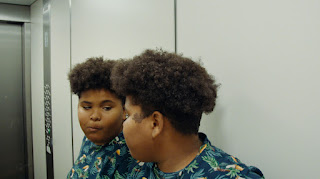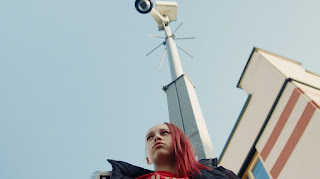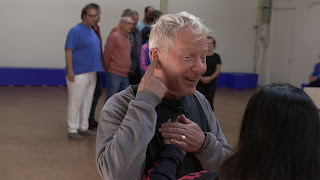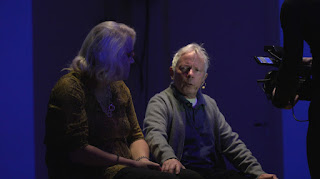With IFFR 2025 confirmed to take place from Thursday 30 January to Sunday 9 February 2025, International Film Festival Rotterdam (IFFR) has announced the winner of its latest RTM Pitch. Bubbling, a cultural movement fusing dance, rhythm and electronic music born out of Rotterdam’s Afro-Caribbean community in the 1990s, is the focus of a documentary project awarded a grant of €20,000 by IFFR together with the municipality of Rotterdam. Filmmaker Sharine Rijsenburg will explore Bubbling culture as having both a deep imprint on the city’s identity whilst being simultaneously undervalued. As the winner of the RTM Pitch, the project will receive expert guidance and aims to premiere at IFFR 2025.
Sharine Rijsenburg: “For me, Bubbling Baby is a film about how we in Rotterdam, as a multicultural metropolis, celebrate, remember and appreciate our night culture. The Bubbling subculture shows a history that has helped shape Rotterdam’s identity, yet has remained invisible. With this film, I want to celebrate and make known the value of this cultural heritage.” The film will explore the impact of Bubbling, and more broadly Black culture, on Rotterdam’s identity. Using an Afrofuturistic aesthetic, Bubbling Baby will combine archive material from 1990s Rotterdam with scenes of Bubbling parties and the upcoming Summer Carnival.
Sharine Rijsenburg is a creative researcher and visual anthropologist based in Rotterdam, who combines explorations into socio-political issues with engaging storytelling. Her short films Paradijsvogels and Paradeis Perdí demonstrate her practice of delving into Dutch and Caribbean archives to investigate the relationship between (self)image, representation and colonial history. She has worked as assistant director on So Loud the Sky Can Hear Us (Lavinia Xausa, RTM Pitch winner 2021 & IFFR 2022) and as a researcher for, among others, VPRO Tegenlicht. At IFFR 2020 she was a Young Selector, a festival initiative giving creative and ambitious local young people the opportunity to curate their own IFFR programme.
Source/image: IFFR














-b4f07d-original-1643303470.jpg)




